Additional Jan Day Photos
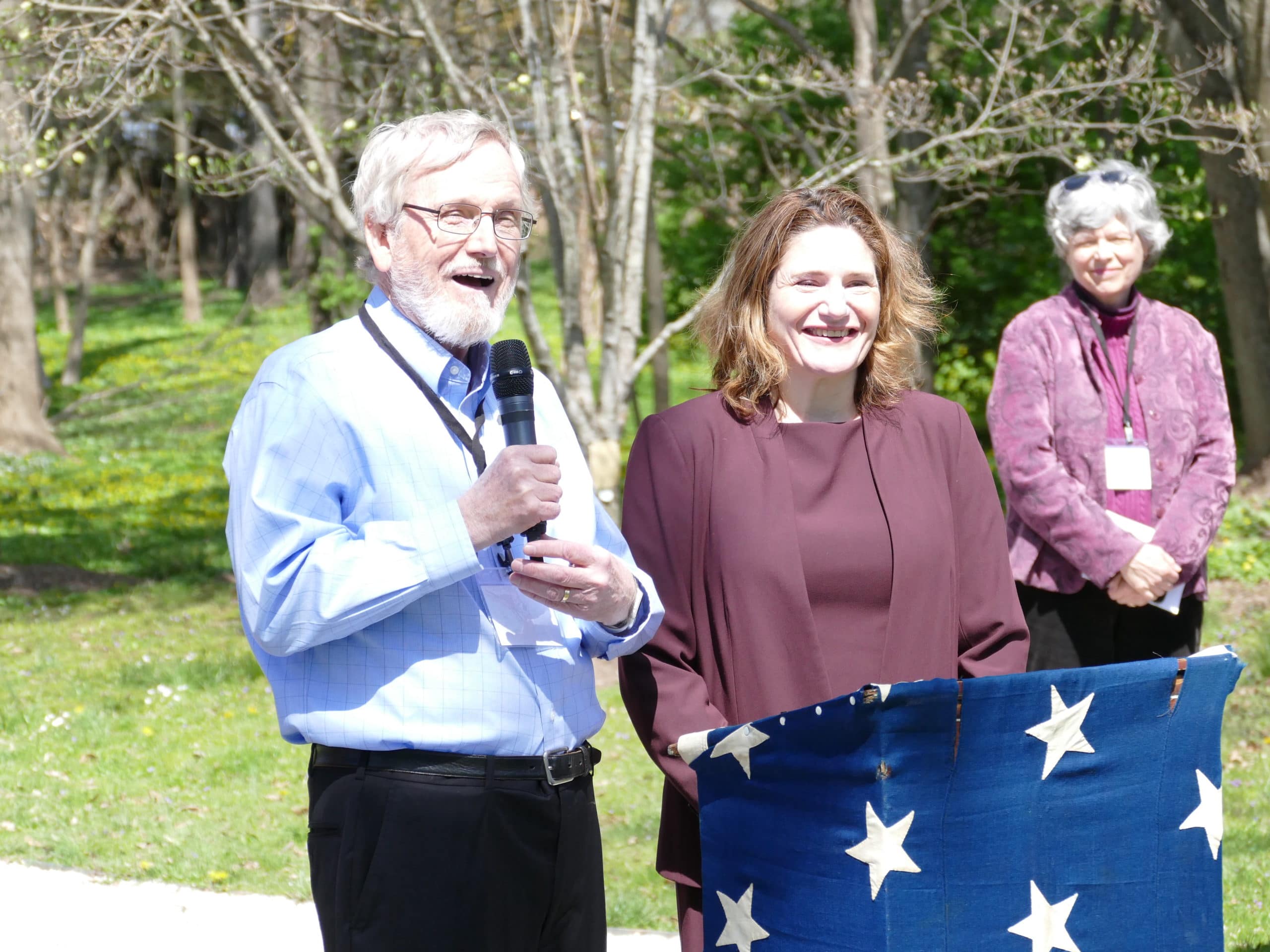
These one hundred and twenty photos are courtesy of Kevin Papa. If you use them, please credit him as the photographer.
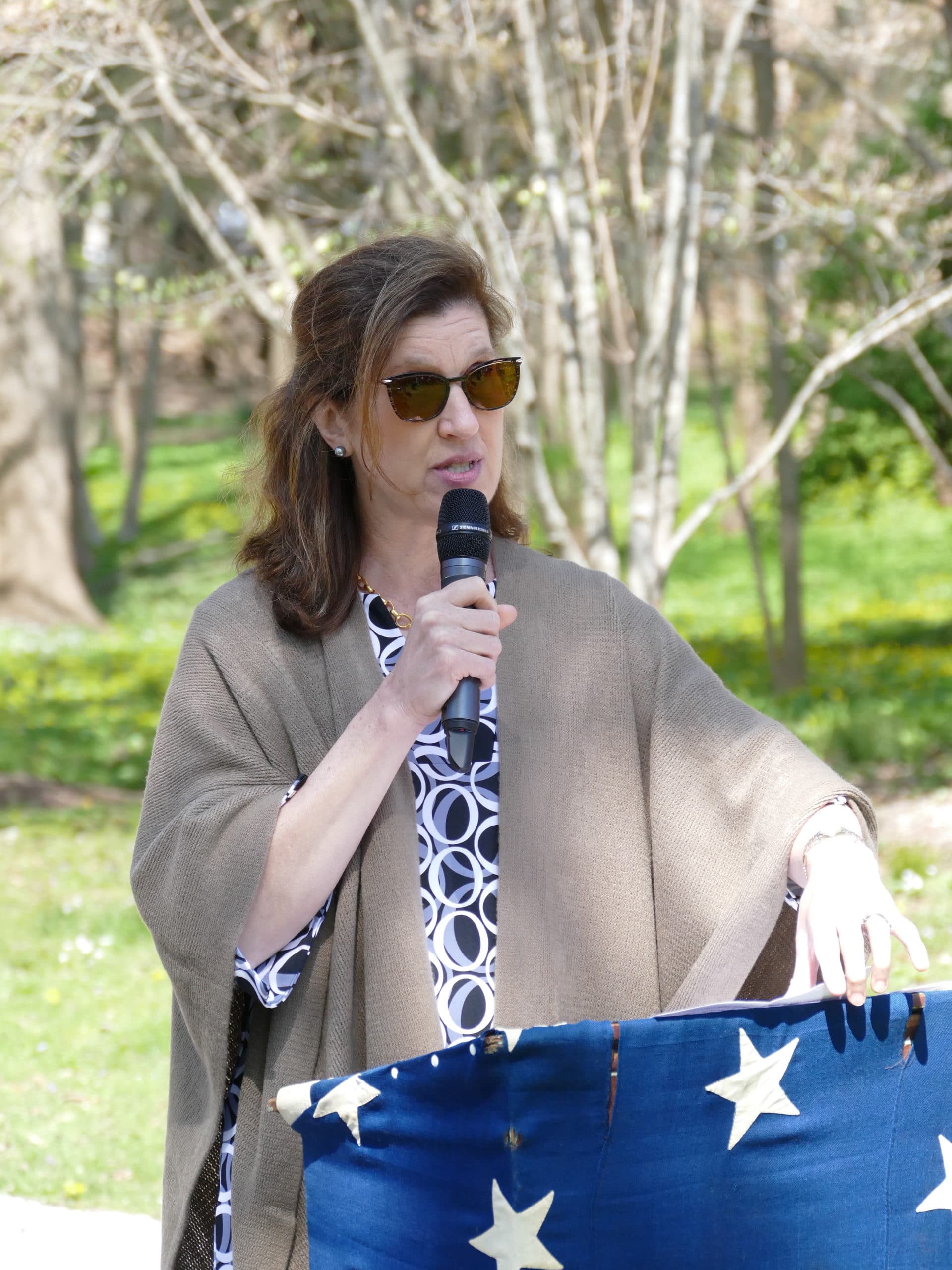




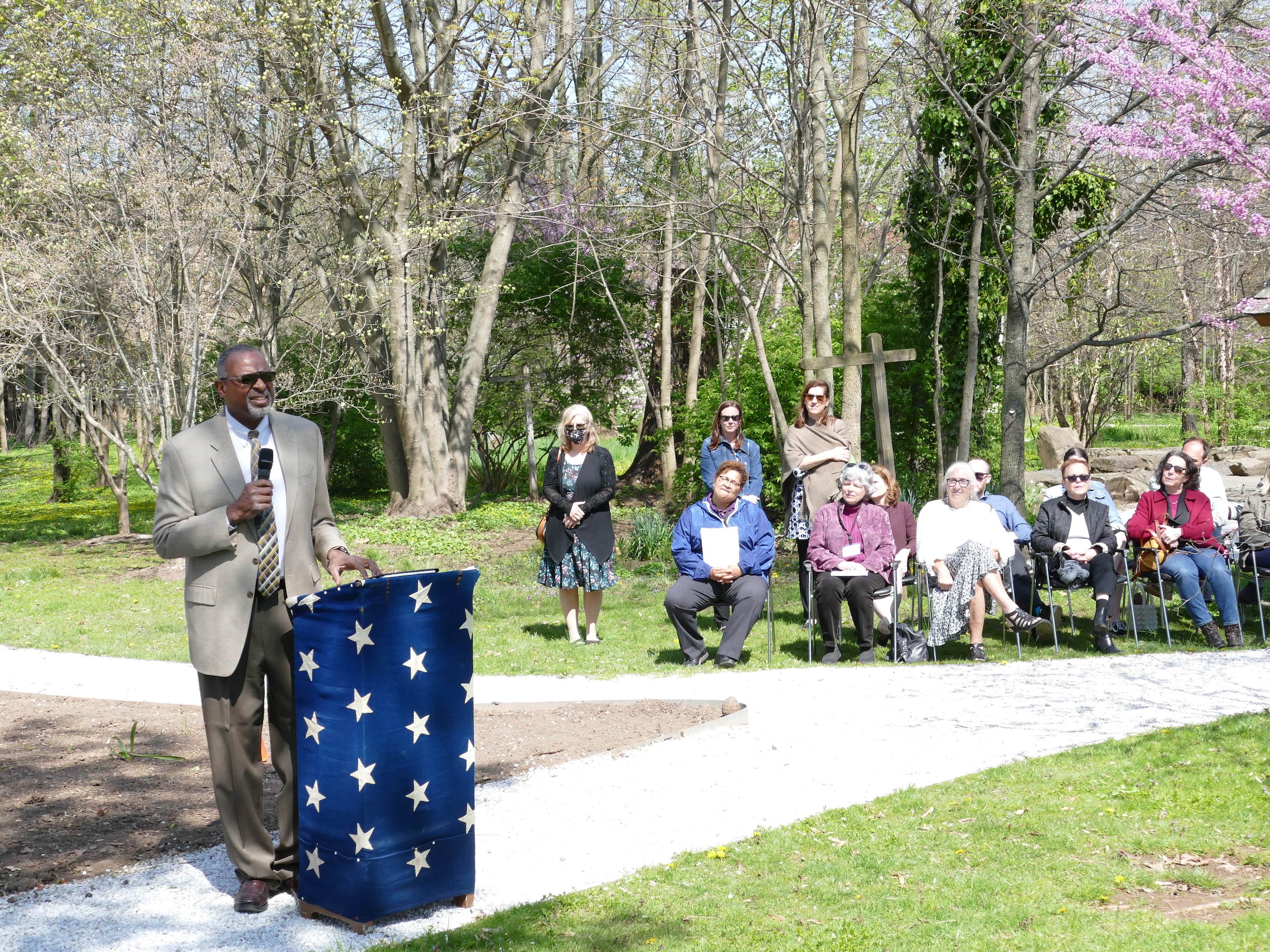





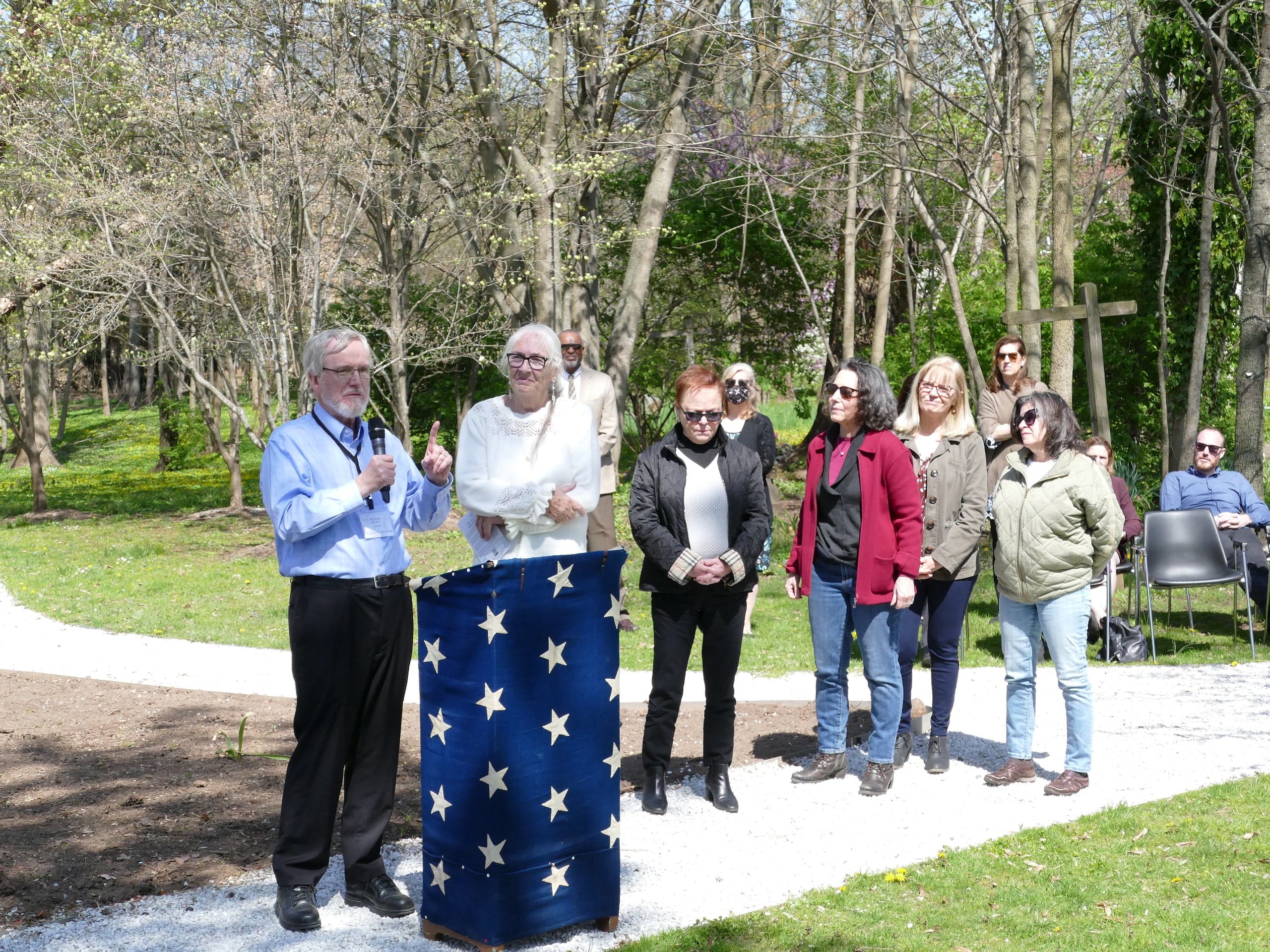
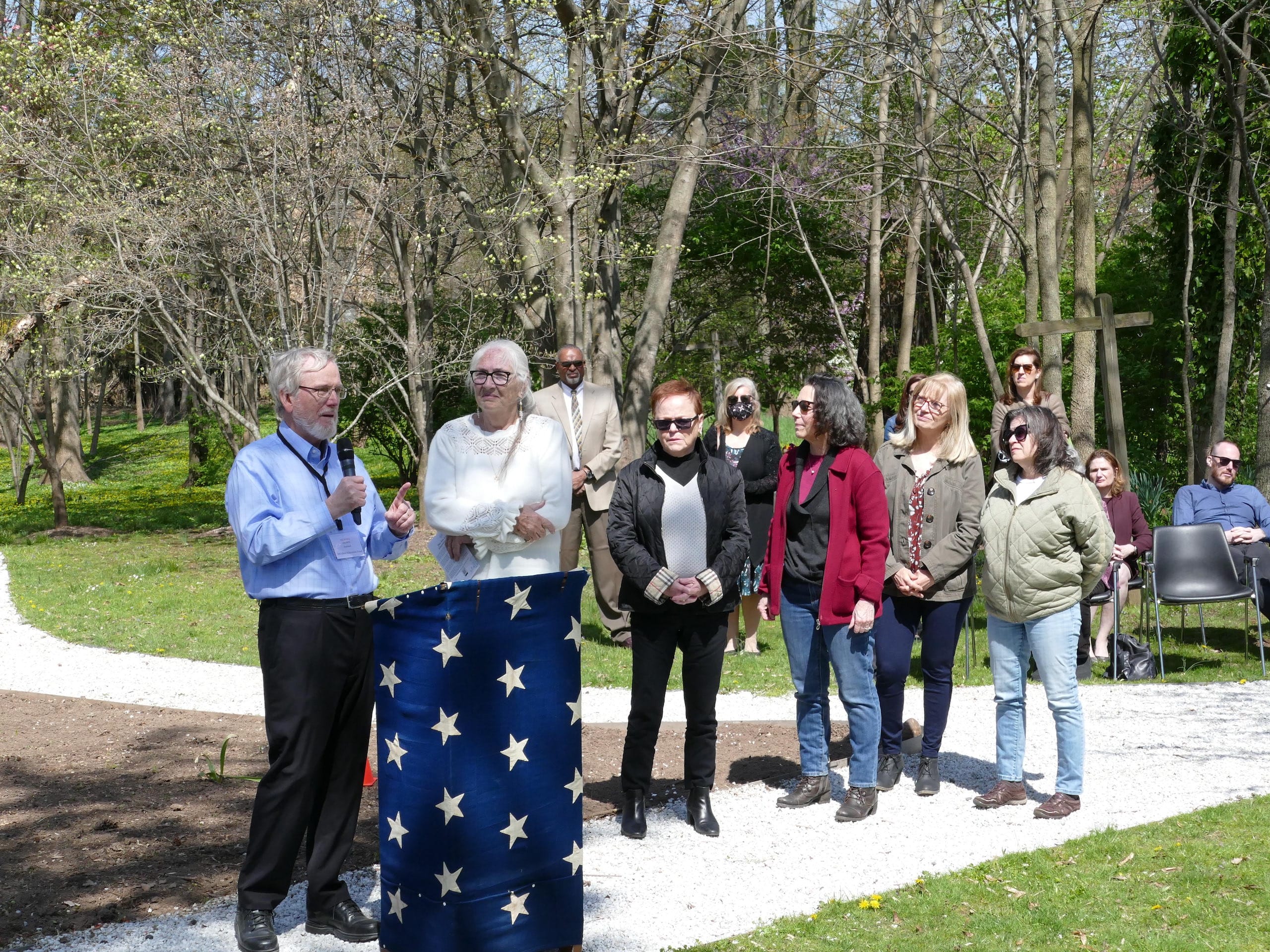
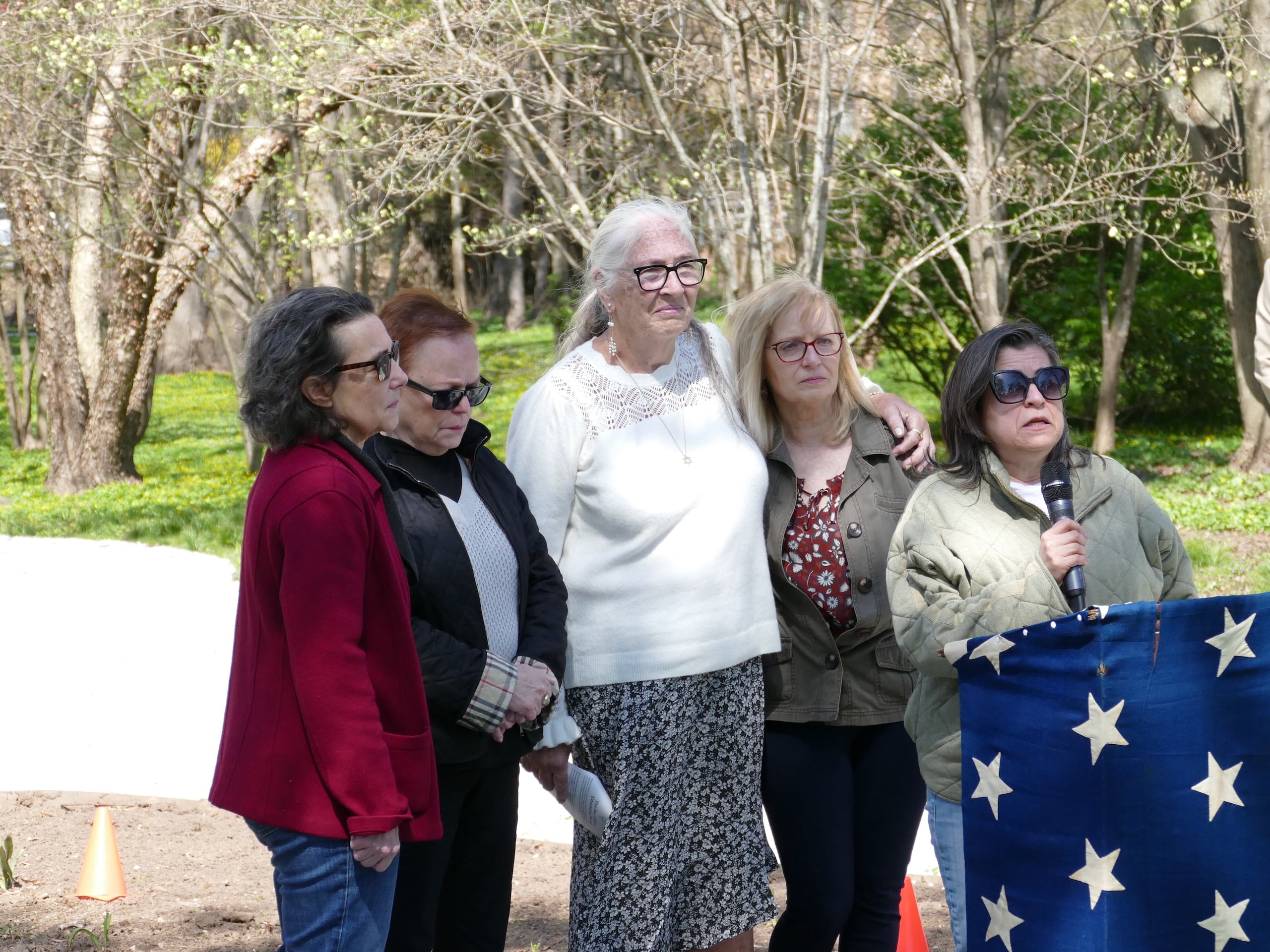
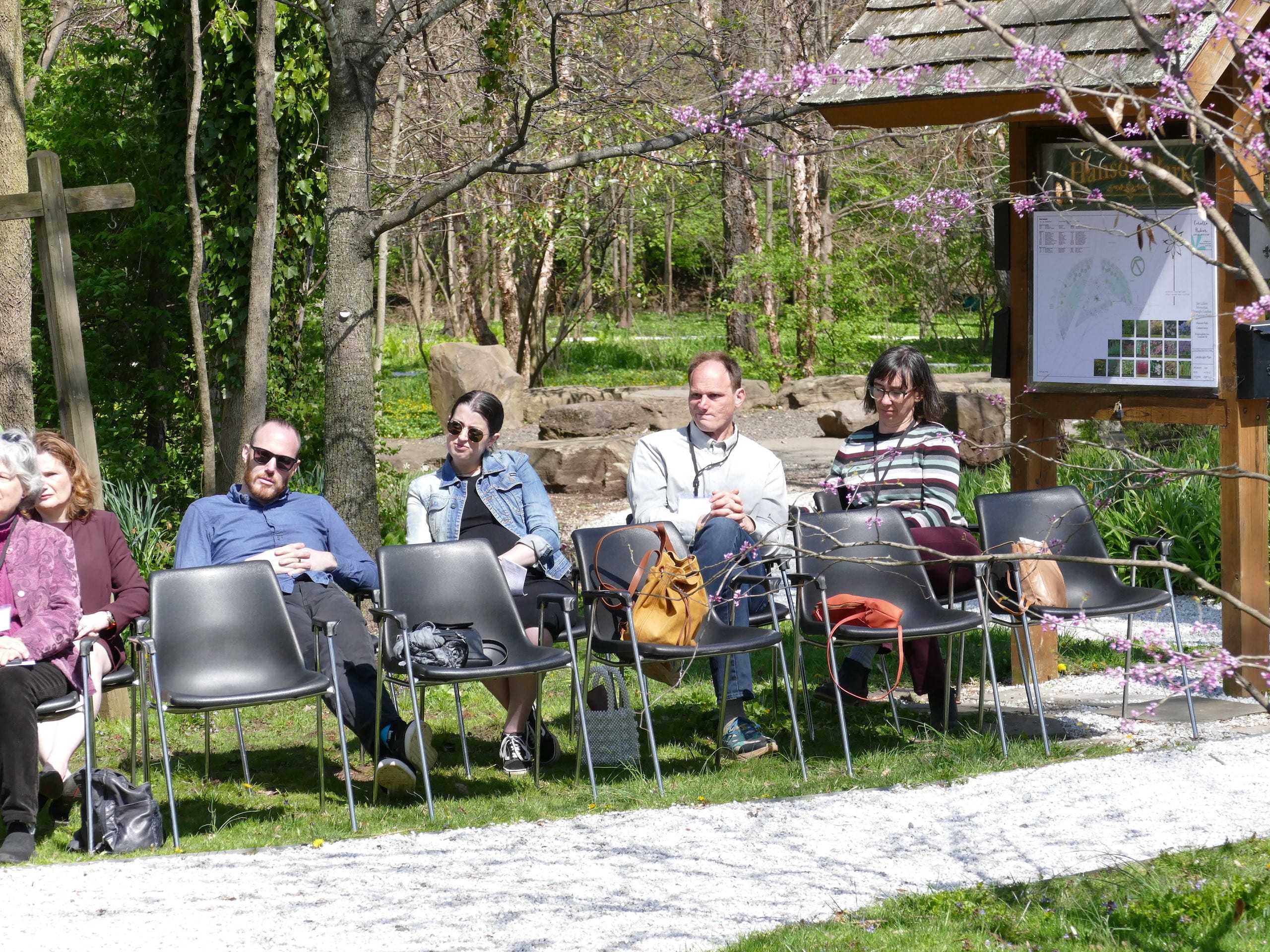
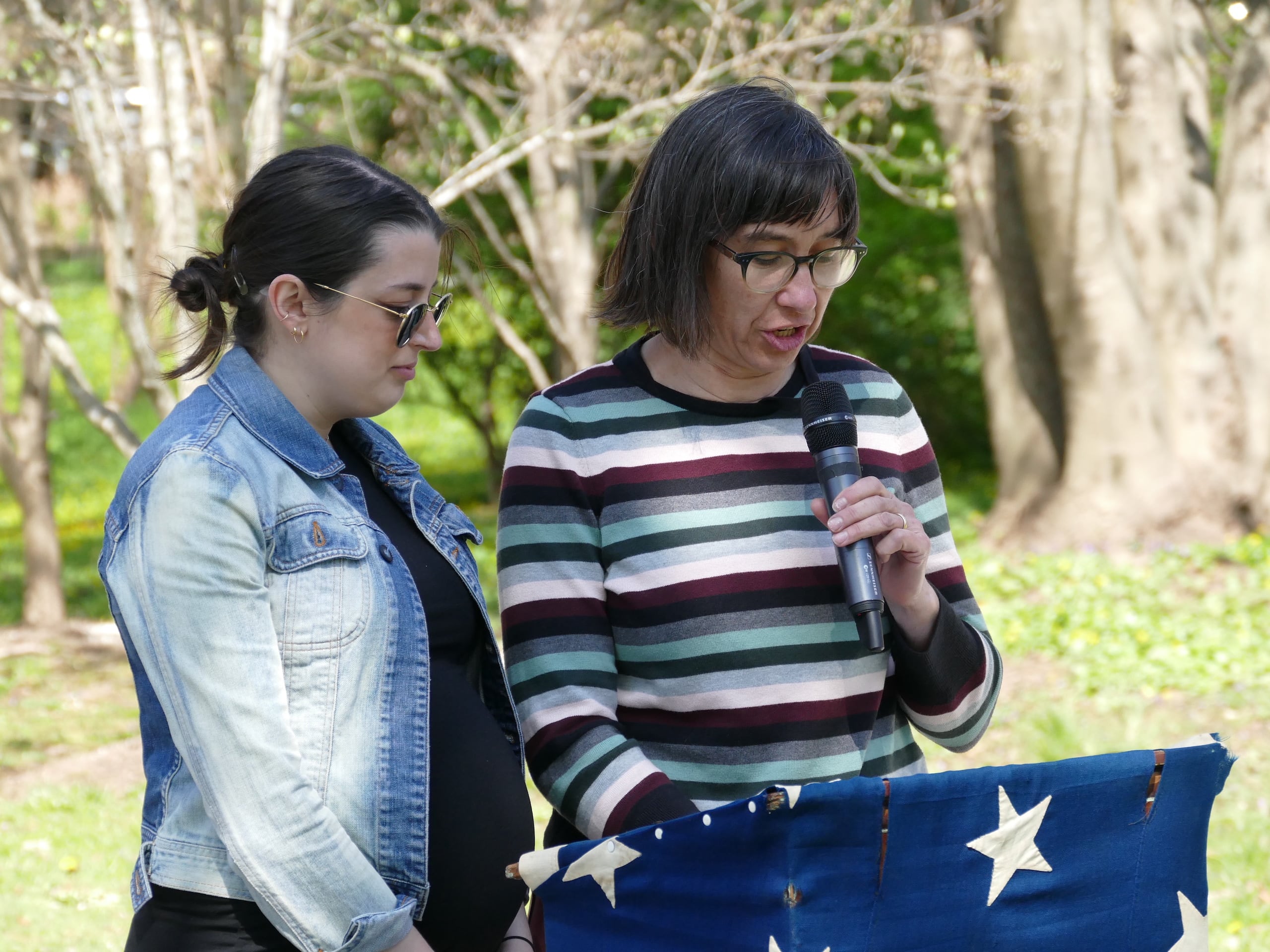
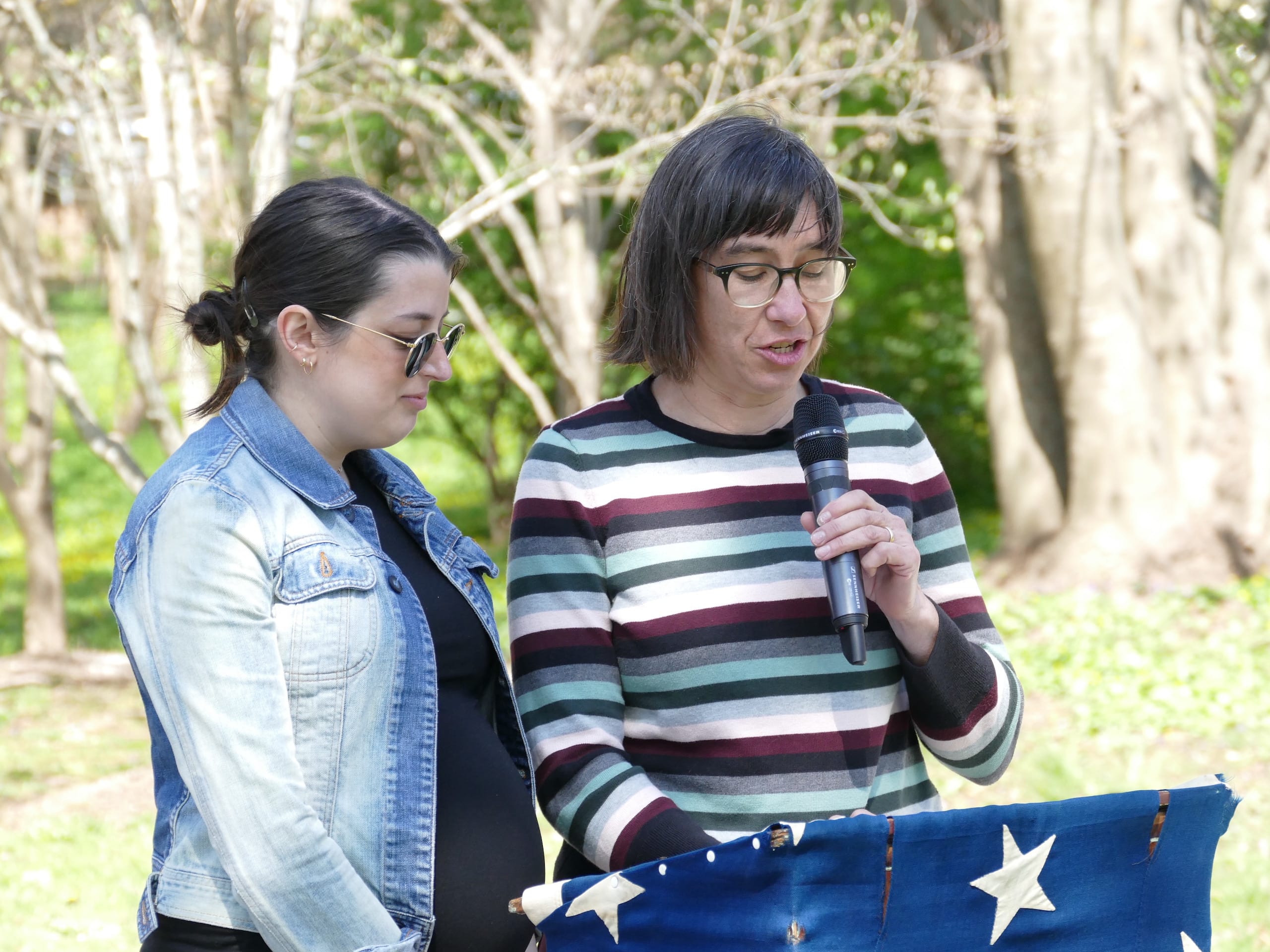
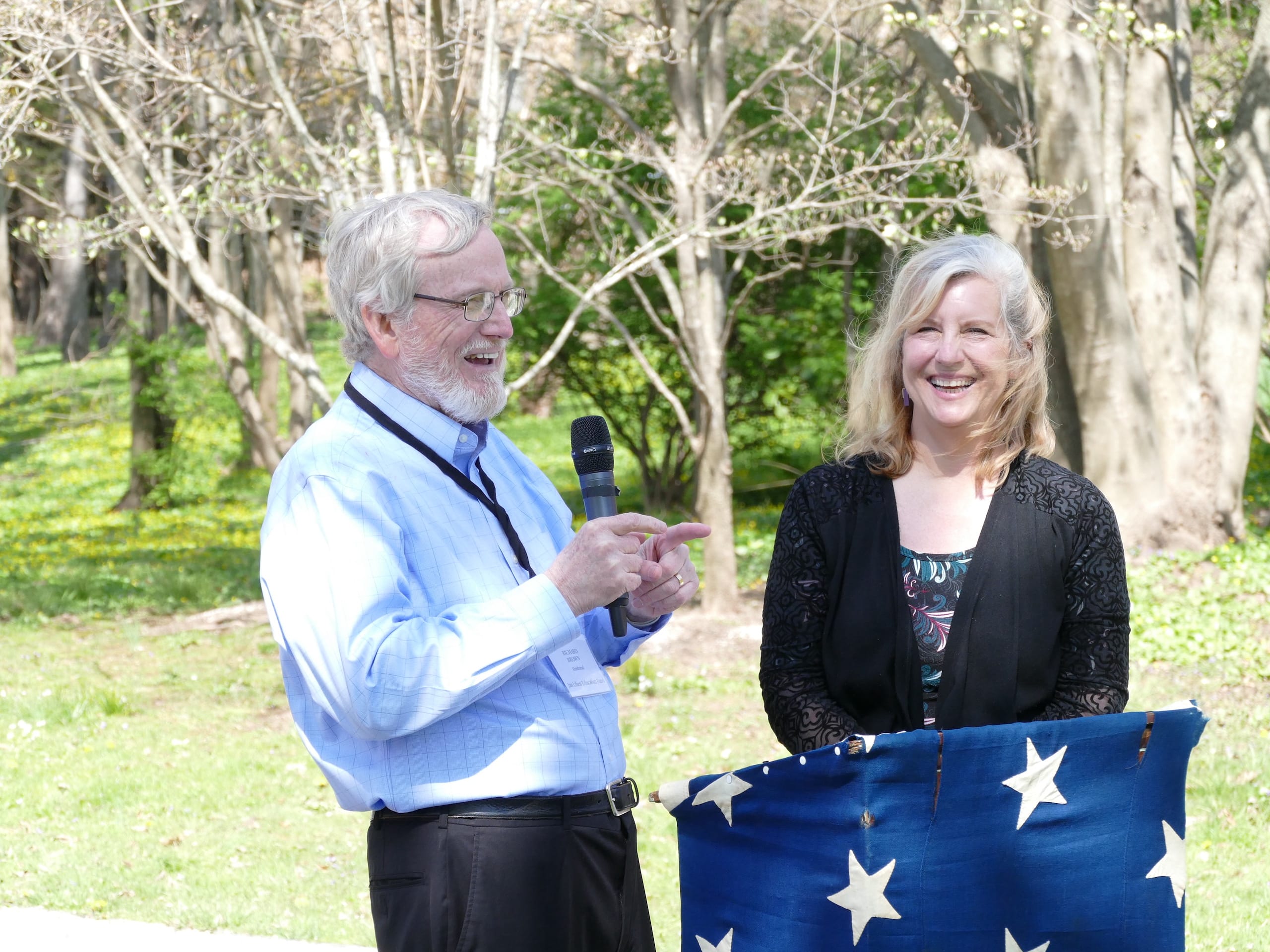
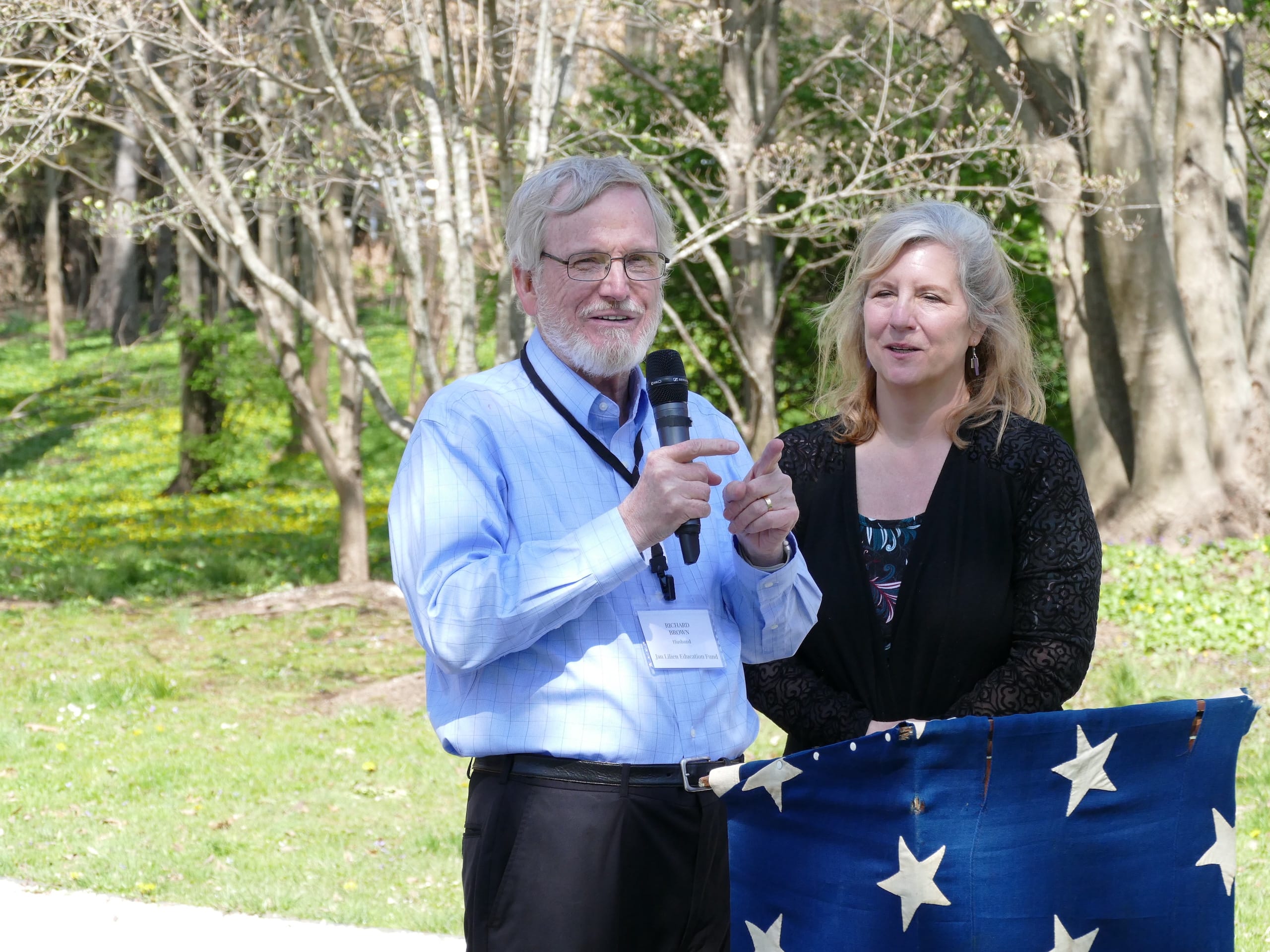
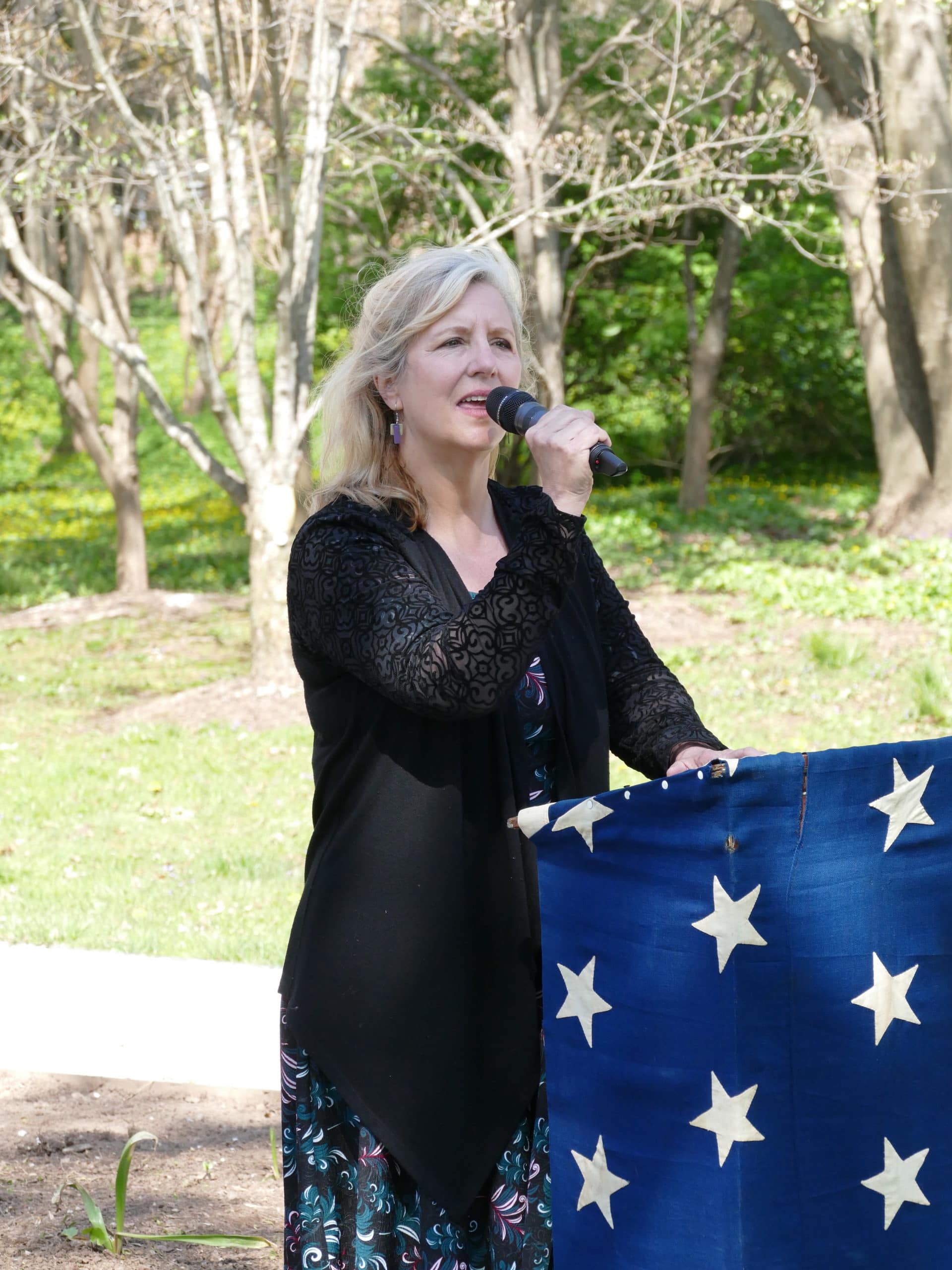
Please go to the next page for additional images.
Contact US!
Have a question? Suggestion?
Subscribe to Sharing Jan's Love Newsletter!
by Afia Atakora
Conjure Women by Afia Atakora is about a mother and her daughter with a shared talent for healing—and for the conjuring of curses — at the heart of this dazzling first novel. Conjure Women takes place before, during, and after the Civil War. The book is structured around three-time frames; Slaverytime, Freddomtime, and Wartime.
Having grown up in the South and heard far too many stories about the Lost Cause, it was a joy to read a book narrated by two African-American women. The third leading character is the daughter o the owner of the plantation. At the end of the war, she was hidden away for six years and was unaware the South had surrendered.
Conjure Women is a sweeping story that brings the world of the South before and after the Civil War vividly to life. Spanning eras and generations, it tells of the lives of three unforgettable women: Miss May Belle, a wise healing woman; her precocious and observant daughter Rue, who is reluctant to follow in her mother’s footsteps as a midwife; and their master’s daughter Varina. The secrets and bonds among these women and their community come to a head at the beginning of a war and at the birth of an accursed child, who sets the townspeople alight with fear and a spreading superstition that threatens their newly won, tenuous freedom.
Magnificently written, brilliantly researched, and richly imagined, Conjure Women moves back and forth in time to tell the haunting story of Rue, Varina, and May Belle, their passions and friendships, and the lengths they will go to save themselves and those they love.
Since Jan died, I have read many books that I know she enjoyed. We both enjoyed Call the Midwife, and this book focused on birthing and mothering. Although conjuring was their medical care and not the type practiced in poplar by the Midwives, we would both have enjoyed the book.
Conjure Women also raises questions about the meaning of freedom. For example, Rue chooses not to leave the former plantation after the Klan attacks despite being free.
I recommend this book and look forward to reading more from Afia Atakora.
When you buy a book or product using a link on this page, I receive a commission. Thank you for supporting Sharing Jan’s Love blog.
by Brian Goldstone
Today, I delved into There Is No Place for Us by Brian Goldstone, a poignant exploration of America’s escalating homelessness crisis. Goldstone’s examination of the issue’s scale, root causes, and consequences is a wake-up call, passionately arguing that housing must be recognized as a fundamental human right. His compelling narrative demands our immediate attention and action.
The phrase “the working homeless” serves as a stark reminder of the urgency of America’s homelessness crisis. In a country where hard work and determination are expected to lead to success, it is scandalous that individuals with full-time jobs struggle to maintain stable housing. Rising rents, low wages, and insufficient tenant rights have contributed to this alarming trend. Families are facing homelessness not due to a failing economy but because of a thriving one.
In his compelling and thoroughly researched book, Brian Goldstone explores the lives of five families in Atlanta. Maurice and Natalia attempt to rebuild their lives in the country’s “Black Mecca” after being priced out of Washington, D.C. Kara aspires to become an entrepreneur while working at a public hospital. Britt has secured a much-coveted housing voucher. Michelle is studying to become a social worker. Celeste works tirelessly at her warehouse job while battling ovarian cancer. Each of these individuals strives to provide a decent life for their children. Yet, one by one, they find themselves among the nation’s working homeless, demonstrating their resilience and the system’s failures.
Through intimate, novelistic portrayals, Goldstone exposes the human cost of this crisis, following parents and their children as they sleep in cars or squalid extended-stay hotel rooms, then head to their jobs and schools the next day. These are the nation’s hidden homeless—people often omitted from official statistics—showing that overflowing shelters and street encampments represent only the most visible aspects of a much larger problem.
Brian Goldstone is a journalist whose long-form reporting and essays have appeared in The New York Times, Harper’s Magazine, The New Republic, The California Sunday Magazine, and Jacobin, among other publications. He has a PhD in anthropology from Duke University and was a Mellon Research Fellow at Columbia University. In 2021, he was a National Fellow at New America. He lives in Atlanta with his family.
When you purchase a book through one of my links, I earn a small commission that helps support my passion for reading. This contribution allows me to buy even more books to share with you, creating an incredible cycle of discovering great reads together! Your support truly makes a difference!
Enjoy a limited-time offer of 20% off your next book purchase at Bookshop.org!
by Justin Cronin
The novel, “The Ferryman,” by Justin Cronin, is set in the beautiful archipelago of Prospera. People lead long and fulfilling lives in this society until their forearm monitors drop below 10%. Then, they retire to the Nursery. Their memories are wiped clean, and they start a new life as sixteen-year-olds.
Although the book was recently published, I hesitated to read it due to the unsettling notion of having my memories wiped clean. However, my curiosity got the best of me, and I’m glad it did. Proctor Bennett, the protagonist, works as a ferryman, assisting people through retirement. But things worsen when Proctor starts dreaming, which is impossible in Prospera, and his monitor percentage rapidly decreases. Are these dreams fragments of a past that they cannot recall?
Amidst all this, rumors about the Arrivalists, who oppose the societal structure, and even the Support Staff, who keep Prospera functioning, are questioning their roles. Proctor finds himself caught up in a more significant cause than expected and sets out to uncover the truth.
Without giving away too much, things are not always what they seem in Prospera.
As a widow, I found this line particularly poignant: “That loss was love’s accounting, its unit of measure, as a foot was made of inches, a yard was made of feet.
I thoroughly enjoyed reading this book; it kept me engaged and excited, and my Kindle was my go-to device for reading it. I highly recommend this novel.
The Jan Lilien Education Fund sponsors ongoing sustainability and environmental awareness programs. Gifts made this month; I will match dollar-for-dollar. All donations are tax-deductible.
I receive a commission when you buy a book or product using a link on this page. Thank you for supporting Sharing Jan’s Love blog.
by Nana Kwame Adjei-Brenyah
Today, I started reading “Chain Gang All Stars” by Nana Kwame Adjei-Brenyah. The story revolves around Loretta Thurwar and Hamara “Hurricane Staxxx” Stacker, the main characters of the Chain-Gang All-Stars, a highly controversial and top-rated program in America’s private prison industry. The program is called Criminal Action Penal Entertainment (CAPE), where prisoners compete for the ultimate prize- their freedom. It’s similar to the return of the gladiators but in a modern-day setting.
The story is set in a prison called CAPE, where inmates are forced to participate in death matches as a part of a chain-gang. These matches are held in front of cheering crowds, while the prison authorities claim it to be a righteous act. Among the participants, Thurwar and Staxxx are the most popular as they are also lovers. Thurwar is just a few matches away from her freedom, which she carries with a heavy heart and lethal hammer. Thurwar contemplates how she can help her fellow inmates preserve their humanity despite being forced into these brutal games. However, the owners of CAPE are determined to safeguard their status quo, and they will go to extreme lengths to stop anyone who challenges them. Thurwar’s attempts to resist the system have devastating consequences.
Chain-Gang All-Stars” is a powerful book that sheds light on the American prison system’s problematic alliance with systemic racism, unchecked capitalism, and mass incarceration. It critically examines the situation from various perspectives, from the Links in the field to the protestors, the CAPE employees, and beyond. The book offers a clear-eyed reckoning of what freedom really means in America. It is a noteworthy contribution from a “new and necessary American voice,” as described by Tommy Orange in The New York Times Book Review.
The Jan Lilien Education Fund sponsors ongoing sustainability and environmental awareness programs. Regarding gifts made this month, I will match dollar for dollar. All donations are tax-deductible.
I receive a commission when you buy a book or product using a link on this page. Thank you for supporting Sharing Jan’s Love blog.
by Cristina Henriquez
I began to read “The Great Divide: A Novel” by Cristina Henriquez today. The book stood out for its compassionate exploration of the lives of activists, fishmongers, laborers, journalists, neighbors, doctors, and soothsayers. It sheds light on individuals whose essential contributions history overlooks. The novel weaves these characters’ stories in a unique and compelling narrative structure.
Set against the backdrop of the yet-to-be-built Panama Canal, the book delves into the lives of various characters. Francisco, a local fisherman, resents the foreign powers vying for control of his homeland. His son, Omar, works in the excavation zone, seeking connection in a rapidly changing world.
Sixteen-year-old Ada Bunting, from Barbados, stows away in Panama to find work and fund her ailing sister’s surgery. When she encounters Omar, who collapsed after a grueling shift, she rushes to his aid, setting off a chain of events that will change their lives.
John Oswald, a scientist dedicated to eliminating malaria, is in Panama when his wife, Marian, falls ill. Witnessing Ada’s bravery and compassion, he hires her as a caregiver, setting off a tale of ambition, loyalty, and sacrifice.
by Hisham Matar'
Today, I started reading Hisham Matar’s “My Friends: A Novel.” It is a finalist for the 2024 National Book Award for Fiction and the winner of the Orwell Prize for Political Fiction. This novel explores themes of friendship, family, and the harsh realities of exile. Hisham Matar is also the Pulitzer Prize-winning author of “The Return.” The pages on my Kindle App on my iPad fly like autumn’s falling leaves.
One evening, a young boy named Khaled, growing up in Benghazi, hears a captivating short story read aloud on the radio. The story, about a man being eaten alive by a cat, leaves an indelible mark on Khaled, igniting a lifelong fascination with the power of words and the enigmatic author, Hosam Zowa. This transformative experience sets Khaled on a journey that will lead him far from home to the University of Edinburgh to pursue a life of the mind.
In a new and unfamiliar environment, Khaled finds himself far from his familiar life in Libya. His resilience is tested when he attends a protest against the Qaddafi regime in London. The event turns into a tragedy, leaving Khaled injured and unable to leave Britain. Despite the danger posed by monitored phone lines, his determination to communicate his situation to his parents is a testament to his strength.
When Khaled has a chance encounter with Hosam Zowa, the author of a life-changing short story, at a hotel, Khaled begins the most profound friendship of his life. This friendship sustains him and eventually compels him, as the Arab Spring unfolds, to confront complex tensions between revolution and safety, family and exile, and how to define his sense of self concerning those closest to him.
A profound exploration of friendship and family and how time can test and fray these bonds, ‘My Friends‘ is a work of literature that resonates with its readers. Hisham Matar’s novel is not just a story but an achingly beautiful reflection on life and relationships crafted by an author at the peak of his powers.
When you purchase a book through one of my links, I earn a small commission that helps support my passion for reading. This contribution allows me to buy even more books to share with you, creating an incredible cycle of discovering great reads together! Your support truly makes a difference!
That was a great day! Lots of love!
Hugo, thank you for your friendship and support. It means a lot to me, especially this year.
On Celebrate Jan Day, you and Ana’s help with set-up and clean-up was crucial. Without your assistance, the event would not have been as successful.
I will never be able to thank you enough.